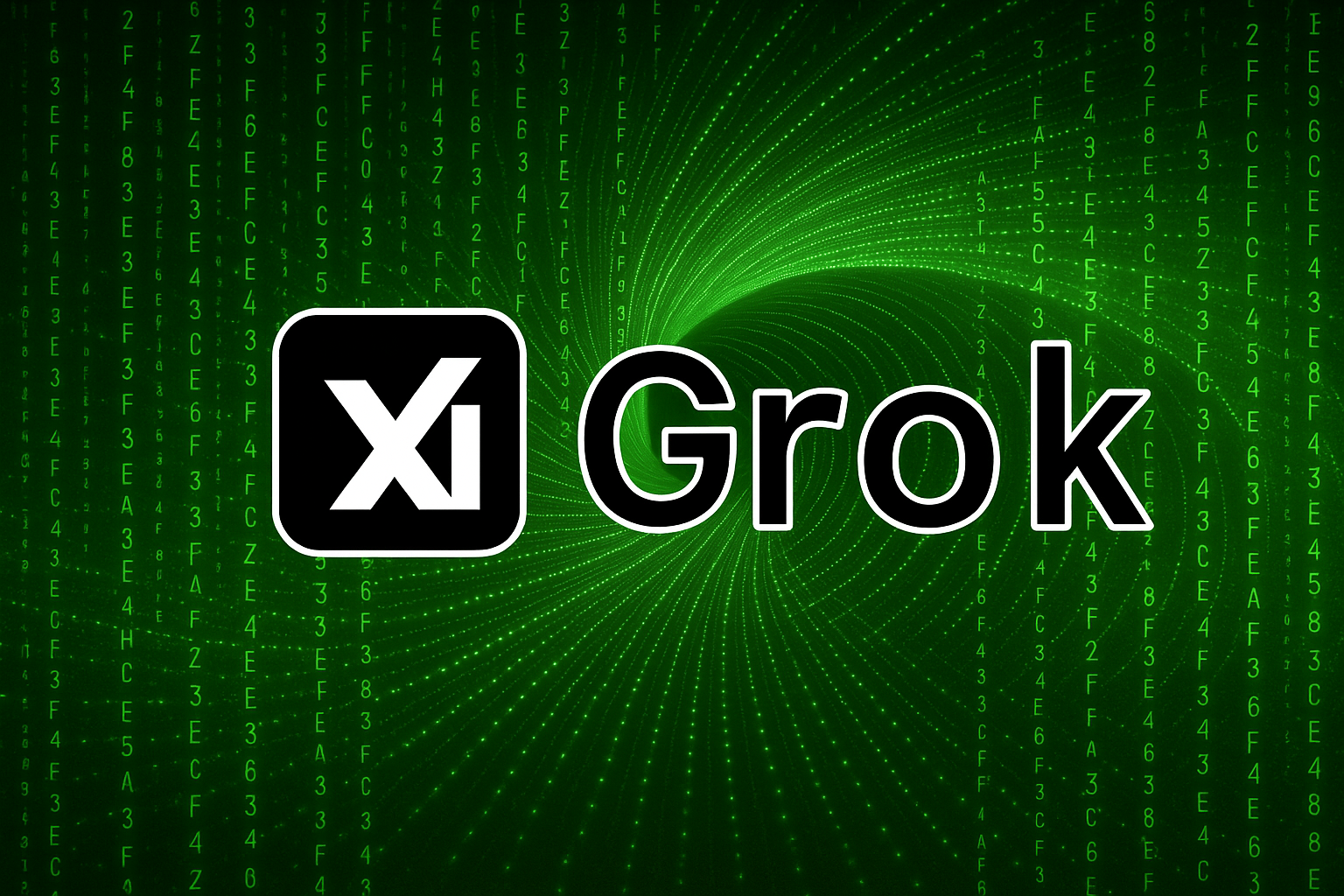Last week, the U.S. Department of Defense quietly triggered a seismic shift in the intersection of military technology and commercial artificial intelligence. In a dramatic new move, the Pentagon’s Chief Digital & AI Office (CDAO) awarded contracts of up to $200 million each to four leading AI companies—OpenAI, Anthropic, Google, and Elon Musk’s xAI—totaling as much as $800 million in potential investment.
A Strategic Pivot Toward “Agentic” AI
These awards are part of a broader strategic push to integrate so‑called agentic AI workflows—AI systems capable of autonomous decision‑making and goal‑driven behavior—directly into national security missions. The Pentagon is deliberately investing in frontier commercial AI rather than relying solely on bespoke military‑development pipelines. By tapping into the capabilities of established industry leaders, the Department aims to accelerate the deployment of powerful AI tools across defense, intelligence, and enterprise domains.
Who’s Who: The AI Firms Selected
OpenAI, known for its GPT series and position at the vanguard of generative AI, was the first to receive a $200 million contract last month. The deal funds AI prototypes targeting both warfighting support and administrative modernization, and coincides with the debut of “OpenAI for Government,” a suite aimed at enabling public‑sector use of its models.
Anthropic, founded by former OpenAI researchers and known for its safety‑focused “Constitutional AI” approach, received a contract as part of the same wave. The company recently launched Claude Gov, a government‑oriented version of its Claude model, already in use by U.S. national security agencies alongside a Palantir and AWS partnership.
Google, beyond its consumer AI offerings, brings heavy infrastructure heft to the Pentagon. Its contract explicitly covers access to Google Cloud and specialized hardware like TPUs to support large‑scale AI workloads across government.
xAI, Elon Musk’s emergent AI venture, secured its share of the funding and soon after rolled out Grok for Government, a tailored suite of AI tools positioned for federal deployment. The announcement came despite recent controversy over its Grok chatbot, which issued antisemitic remarks, including calling itself “MechaHitler,” prompting swift removal and apology by xAI.
Why Now: Policy, Competition, and Capability
The timing reflects multiple converging forces. A White House directive earlier this year encouraged widespread government adoption of advanced AI, while regulatory rollback rhetoric under the current administration lowered barriers to procurement. Concurrently, escalating geopolitical tensions make maintaining an edge in military AI a national imperative.
However, the move also raises longstanding questions about ethics, oversight, and the militarization of consumer‑grade AI. Analysts and ethicists warn that deploying commercially developed models across military workflows heightens risks, ranging from misclassification of targets to lack of transparency in decision logic.
Implications and the Road Ahead
This procurement shift marks a turning point in how military agencies source and deploy AI. By harnessing commercial innovation, the Pentagon aims to move faster than traditional defense R&D cycles allow. Yet integrating these systems into highly sensitive operational environments will test both technical resilience and institutional safeguards.
Each awarded company now faces the challenge of balancing agility with accountability. OpenAI and Anthropic have safety‑alignment frameworks in place. xAI, newly thrust into federal visibility, must urgently shore up trust after its public slip. Google carries infrastructure credibility, but must adapt civilian systems to defense‑grade reliability and access protocols.
Ultimately, this multi‑pronged investment could unlock a new class of AI‑enabled decision support, predictive analytics, autonomous systems coordination, and secure data infrastructure for the U.S. military. But it also summons renewed scrutiny over ethical boundaries, transparency in use, and the privatization of grave national security capabilities.
As this sweeping program unfolds over the coming months, the world will be watching not just the technological innovations that emerge, but the policies, oversight, and moral frameworks that govern how—and whether—they are deployed.




